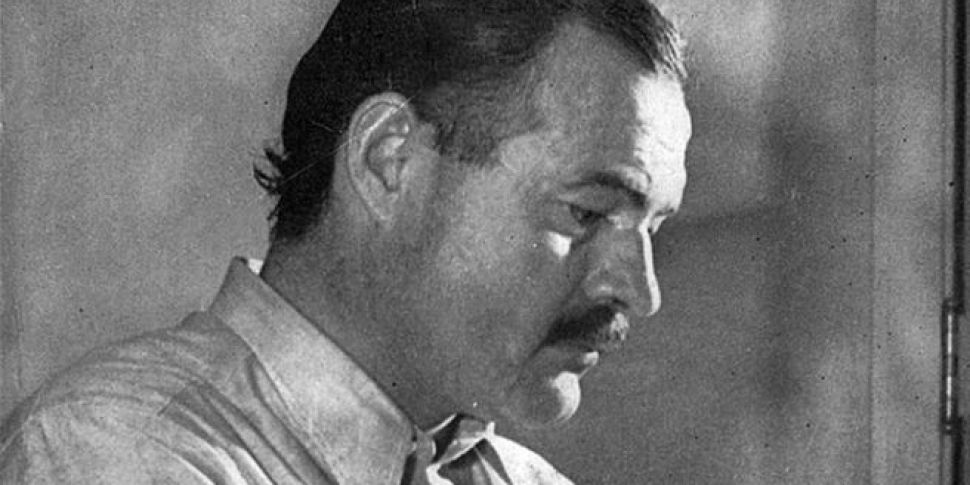Ernest Hemingway was born in July 1899. In the years that followed, he came to define American literature. His work during this time had a profound impact upon the craft to which he dedicated his life.
His most famous works include ‘The Sun Also Rises’ (1926),’ A Farewell to Arms’ (1929), ‘For Whom the Bell Tolls’ (1940) and ‘The Old Man and the Sea’ (1951), for which he won the Pulitzer Prize in 1952. He was also a Nobel Prize winner in 1954, a fitting recognition of his literary brilliance.
However, to merely state his awards and fine works does not do justice to the incredible, and at times outlandish, life he led. This included involvement in both World War I and the Spanish Civil War, which in turn inspired his writing.
Following a wildly adventurous life, he died by his own hand in 1961. In addition to his illustrious career and notorious antics, this misfortune has come to define the cult of Hemingway.
Susan will be in esteemed company to discuss the life of this incredible man. Dr. Nerys Williams, from the School of English at UCD, has published widely on American Poetry and literature. She also lectures on the key ideas proposed by authors such as Hemingway during the 20th century.
Dr. Naomi Wood’s PHD research formed the basis for her interest in the career of Hemingway. Her award winning novel ‘Mrs. Hemingway’ (2014) was conceived in this time. It focuses on Hemingway from the perspective of his four wives, who provide the narration throughout. Using this paradigm, the novel skilfully interweaves his personal and professional life. Moreover, Naomi’s research provided an illuminating insight into the personal life of this troubled and enigmatic man.

Ernest Hemingway on safari in 1934
Join Susan, Nerys and Naomi as they discuss Hemingway’s approach to writing and his incredible prose. Hemingway’s fragile side will also be dissected. Was this great novelist a tortured genius, as opposed to the domineering male persona that has come to characterize his legacy? And how did all these intrusive factors impact upon his writing career and personal relationships?
Then, bestselling author Jung Chang will join Susan to chat about her most recent book ‘Empress Dowager Cixi: The Concubine Who Launched Modern China’ (2013).
Chang was born into a strongly communist family in the Sichuan Province in China in 1952. However, despite her initial support of the ‘Red’ cause in her native land, she quickly became disillusioned with the violence of the Cultural Revolution. Eventually, in 1978, she moved to the UK to pursue her studies, with the help of a Government scholarship. Here, she studied linguistics and earned a PHD from the University of York in 1982.
Since then, she has become a bestselling author, with her work inspired by her homeland. Jung’s first book, ‘Wild Swans: Three Daughters of China’ (1991) is a biography of her grandmother, mother and herself, which is used as a lens to view the upheaval in 20th century China. ‘Mao: The Unknown Story’ (2005), co-written with her husband Jon Halliday, is a thorough, critical take on the reign of the controversial Communist leader.
Empress Dowager Cixi, Regent of the Qing Dynasty from 1861-1908
Her latest book ‘Empress Dowager Cixi’ gives an alternative view to the woman who unofficially controlled the Qing Dynasty for most of the 19th century. History has been unkind to her, as she is generally considered a shrewd, tyrannical and vindictive leader. In this work, Chang has attempted to redress the balance, which she believes has been skewed in recent Chinese historiography.
Join Susan as she delves into the unique mind and intellect of Jung Chang. How does Yung feel about the censorship of her work in her homeland? How does she get into the psyche of her subjects? And what is like to go against the grain as a writer?










